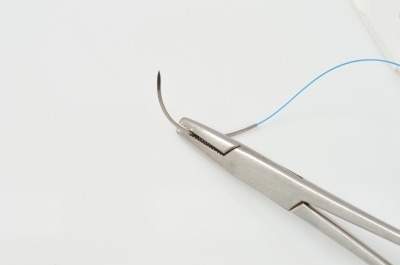
ZipLine Medical stated that the first study revealed that the incisions closed with its Zip surgical skin closure had significantly less bacterial penetration and fewer symptoms associated with surgical site infection (SSI) compared to sutures. The zip incisions also showed a lack of inflammation compared to sutured incisions.
The study titled ‘In Vivo Efficacy Study Showing Comparative Advantage of Bacterial Infection Prevention with Zip-type Skin Closure Device vs. Subcuticular Sutures’, revealed that there is a lack of understanding of how wound closure methods perform comparatively when they are exposed to patient-induced movement during the healing process and how they could contribute to bacterial infiltration in the wound site.
The study made an attempt at quantifying this gap. It evaluated the penetration of bacteria and symptoms of infection that follow in traditional sutures and an emerging tape-based, zip-type wound closure technology under physiologically relevant loading.
In an in vivo model to simulate real-world conditions, the latter showed better performance compared to commonly used sutures, holding the wound intact and decreasing bacterial penetration when patient movement-induced stress was simulated.
The second study titled, ‘Noninvasive tissue adhesive for cardiac implantable electronic device pocket closure: the TAPE pilot study,’ involved 175 patients and it was conducted at the University of Missouri. The study compared the Zip Surgical Skin Closure to sutures for pacemaker implant procedures was published in the Journal of Interventional Cardiac Electrophysiology.
As per the company, the study showed that the Zip devices delivered reduction in pocked closure of 26% and a reduction in overall procedure time of 22%, with no complications in the Zip cohort.
ZipLine Medical founder and chief technology officer Amir Belson said: “This study confirms what our customers have been telling us anecdotally for years.
“In addition, the lack of inflammation may indicate that formation of scar tissue would be less with the Zip than with sutures.”






